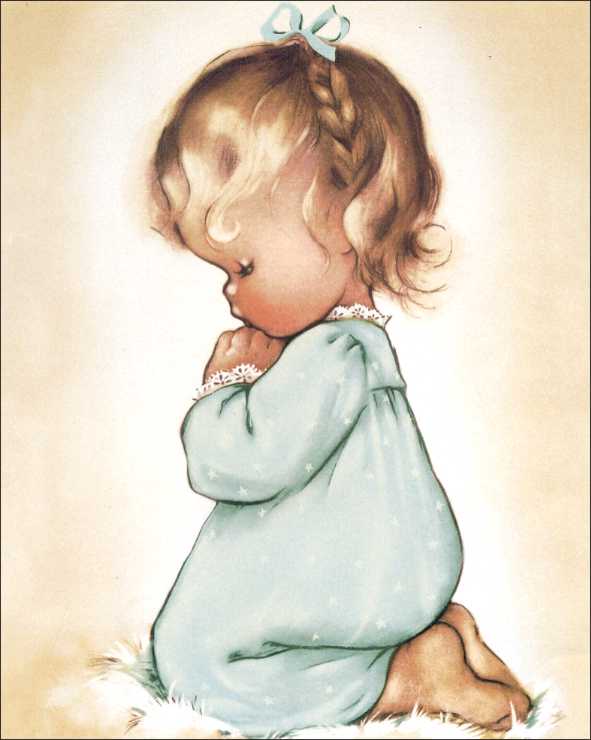The Commander’s relationship with Offred deserves deep scrutiny. Being the only major male character in the novel, the Commander’s relationship with Offred is one of the only glimpses of a directly patriarchal encounter between a male and female in the novel. Curiously, the relationship between the two characters is complex. Rather than being entirely characterized by domination, the reader gets the sense that the Commander is also a victim of the structural forces in Atwood’s fictional society. Deprived of genuine human contact and extremely awkward, the encounter is an ambivalent one to say the least. In the midst of this part of the novel, I found one of the most provocative passages of literature that I have read this year: Offred’s encounter with Serena’s garden. In Serena Joy’s garden, she encounters a wide variety of irises that were “rising beautiful and cool on their tall stalks, like blown glass, like pastel water momentarily frozen in a splash, light blue, light mauve” (153). The beauty of these flowers represents female beauty in its most empowering form. The connection between flowers and feminine power is made explicit by the observation that the irises were “so female in shape it was a surprise they’d not long since been rooted out” (153). To Offred, the garden communicates that “whatever is silenced will clamor to be heard, though silently” (153). Whether Aunt Lydia’s conception of using men as “sex machines” is an instance of this empowerment is to be debated. Regardless, the commentary can still be found that no social position is inherently exploitative. Rather, there is an inherent reversibility of power relations that can empower individuals in a subjugated position.
Atwood’s commentary on religion is pretty scathing. The connection between religion’s demand to render subjects submissive and patriarchal submission is fascinating. Aunt Lydia emphasizes the “spiritual value of bodily rigidity, of muscle strain: a little pain cleans out the mind” (194). The prayers provide an even more explicit connection: “What we prayed for was emptiness, so we would be worthy to be filled: with grade, with love, with self-denial, semen and babies” (194). Clearly the connection between patriarchy and religion is not one fostered within a specific religious doctrine – for Atwood, it is inherent in the nature of religious authority in the abstract.


No comments:
Post a Comment